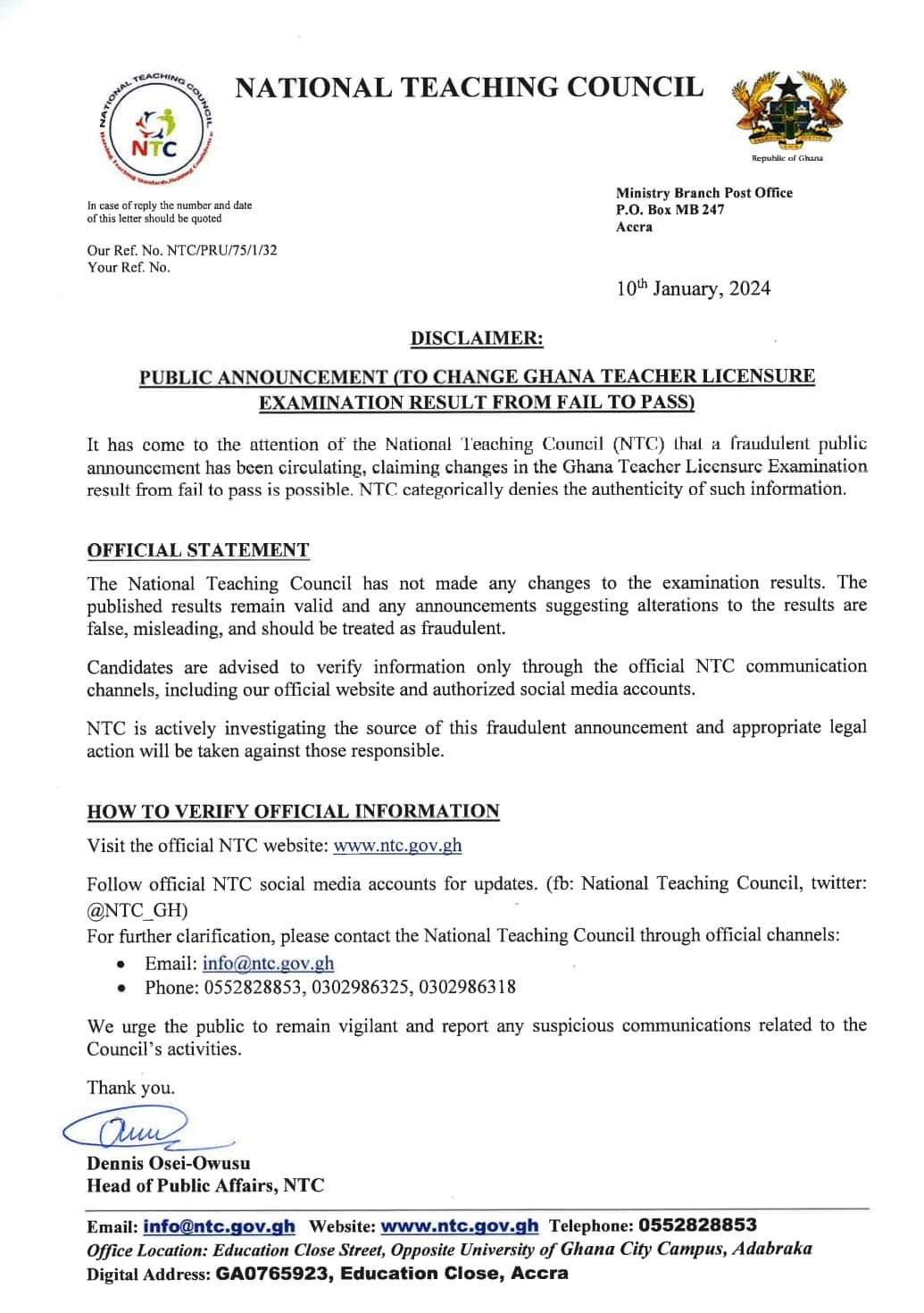
The immediate past Minister for Food and Agriculture, Dr. Bryan Acheampong, says our education system should move beyond just adding Artificial Intelligence (AI) to syllabi and instead focus on demystifying it for students.
According to him, without addressing the cultural, psychological and institutional barriers to understanding AI, the country risks leaving many young Ghanaians behind, in the digital transformation.
Dr. Bryan Acheampong, who is also the Member of Parliament (MP) for Abetifi, was speaking at a public lecture at the University of Media, Arts and Communication (UniMAC) in Accra yesterday.
The lecture was on the theme: “AI Disruptions and the Future of Work: Readiness of our Youth.”
Speaking from a blend of academic research and practical experience Dr. Bryan Acheampong emphasised that AI education must not be confined to coding tutorials and technical explanations, rather it should help students understand what AI is, how it affects their daily lives, and how they can meaningfully engage with it.
“We must not only teach AI, we must demystify it. There’s a growing fear among our youth that machines are here to take away their futures. But the real danger isn’t AI, it’s the lack of understanding of AI.”
He cited his 2023 academic study conducted with colleagues on the adoption of ChatGPT among university students in Ghana.
The research revealed that while students were curious about AI, many were hesitant to use such tools due to mistrust, uncertainty or the perception that it was only for experts.
“The study showed that trust and perceived usefulness were stronger drivers of AI adoption than access alone.
“Students are more likely to embrace AI when they feel confident using it and understand its relevance to their learning and career goals.”
He described how AI is often seen as a mysterious or threatening concept, particularly in communities with limited exposure to digital tools.
He warned that if left unaddressed, this could widen the already existing skills gap, deepen inequality, and foster a generation that is digitally aware but not digitally empowered.
To address this, Dr. Bryan Acheampong called on educational institutions to re-imagine how they introduce AI to students.
He proposed the creation of sandbox environments and spaces where learners can safely explore AI tools through experimentation, failure, and hands-on practice.“Classrooms must evolve into innovation labs,” he said.
“Let’s allow students to build things, test AI applications, and critically examine their impact, not just memorize technical jargon for exams.”
He also emphasised the need to localise AI instruction. For instance, teaching market women how AI can help with stock tracking, or training rural students to use AI tools for storytelling or agriculture.
According to him, making AI culturally and contextually relatable is just as important as teaching the underlying technology.
The Member of Parliament (MP) for Abetifi further urged institutions like UniMAC, known for its influence in media and communication to lead by example. He challenged educators to blend AI education with media literacy, ethics and critical thinking.
“Your graduates will shape narratives, build brands, and defend democracy. They must know how to use AI not just efficiently, but responsibly.”
Educators, he said, are not just instructors but they are mediators between technology and society.
Their role, he argued, includes guiding students through ethical debates, helping them understand the strengths and limitations of AI and encouraging thoughtful engagement with new tools.
He called for national policies that support teacher training in AI and digital pedagogy, stressing that many teachers themselves feel unprepared to engage with AI tools in the classroom.
“If we fail to support our teachers, we will fail to equip our students. The transition must be inclusive, no one should be left out,” he said.
He proposed partnerships between universities, government and the private sector to roll out short-term courses, fellowships and practical modules that make AI more accessible to educators and learners alike.
Dr. Bryan Acheampong warned that in many parts of the world, fear has already become a barrier to AI adoption stating that in Ghana where young people are both digitally curious and digitally vulnerable, educators have a duty to ensure AI is not viewed as a threat but as an enabler.
“AI is not magic. It’s logic, data and application. But to a young person who has never touched it, it might as well be magic,” he said.
“Let’s replace fear with fluency. Let’s give them the tools to understand it and the freedom to shape it.”
His lecture ended with a reminder that Ghana’s ability to compete in a future shaped by automation will depend not only on the availability of technology, but on the mindset of its people.
“The future of work won’t be determined by AI alone,” he said. “It will be shaped by how well we prepare our minds and systems to work with it.”
The post AI Must Be Demystified! …Teaching Alone Is Not Enough – Byran Tells Educators appeared first on The Ghanaian Chronicle.
Read Full Story
















Facebook
Twitter
Pinterest
Instagram
Google+
YouTube
LinkedIn
RSS